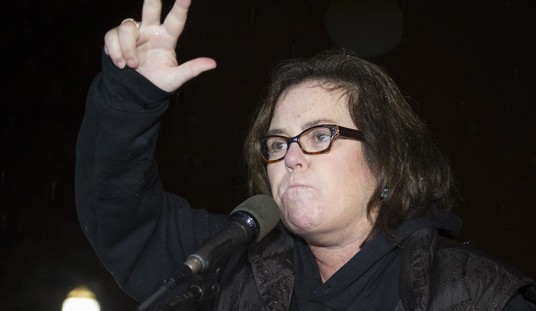In the first big move by Pope Francis to put his imprint on the American Catholic church, the pontiff named Blase Cupich, the Bishop of the diocese of Spokane, to lead the 2.2 million Catholics of the archdiocese of Chicago.
Cardinal Francis George, the current archbishop, announced he was stepping down last May after he was diagnosed with cancer for the third time since 2005. Since then, George has said that he believes the cancer will take his life.
Bishop Cupich is considered a “moderate” in church circles and is said to mirror the opinions of the pope about de-emphasizing issues like abortion and gay marriage. While Cupich is said to be opposed to both, he is expected to bring a different style of advocacy to the debate.
Chicago is the third largest diocese in America and is considered one of the most influential in the nation, with innovative lay outreach programs and the largest private school system in the country.
Cupich, 65, is a native of Omaha, Nebraska, where he was ordained a priest. He holds degrees from the Pontifical Gregorian University and The Catholic University of America. He was appointed bishop of Rapid City, South Dakota, in 1998, and served there until 2010, when he was appointed to Spokane.
In a 2012 essay in the Jesuit magazine America, Cupich said the U.S. bishops “rightly objected” to the original narrow religious exemption in President Barack Obama’s requirement that employers provide health insurance that covers contraception. But Cupich called for a “return to civility” in conversations about religious liberty and society.
Cupich also served as chairman of the U.S. bishops’ child protection committee at the height of the clergy sex abuse crisis and as church leaders were putting in place a toughened policy on disciplining guilty priests.
“While the outrage to the (government) decision was understandable, in the long run threats and condemnations have a limited impact,” Cupich said. “We should never stop talking to one another.”
Cupich has also defended Francis’ views on the economy and emphasis on fighting poverty, which some Catholics and others have criticized as naive and against capitalism.
“Instead of approaching life from the 30-thousand-feet level of ideas, he challenges policymakers and elected officials — indeed all of us — to experience the life of everyday and real people,” Cupich said at a conference last June on the Catholic case against libertarianism. “Much like he told religious leaders, Francis is saying that politicians and policymakers need to know the smell of the sheep.”
A Francis clone in the 3rd largest diocese in America would certainly have an impact on the hierarchy. Catholic bishops tend to be more liberal than their leaders both in the US and Rome and the notion that a more pastoral archbishop will have such a high profile position can only encourage the bishops in their attacks on wealth and capitalism.
But there is no difference of opinion regarding the contraceptive controversy, except perhaps in the manner in which Cubich will approach the administration.
In a letter last year on the Obama administration’s birth-control coverage rule for employers, Bishop Cupich said faith-affiliated groups should never be forced to provide services that the church considers morally objectionable. However, he condemned threats by some U.S. church leaders that they would shut down social-service agencies over the Affordable Care Act.
“These kind of scare tactics and worse-case scenario predictions are uncalled for,” he wrote in a letter to diocesan employees. “I am confident we can find a way to move forward.”
Is Pope Francis sending a message to the American Catholic church? “I think he sent a pastor, not a message,” Cupich says. Nice thought, but irrelevant. Of course popes send messages. But what kind of message he is passing along won’t be known until Archbishop Cubich has a chance to place his own stamp on the Chicago Catholic church.










Join the conversation as a VIP Member